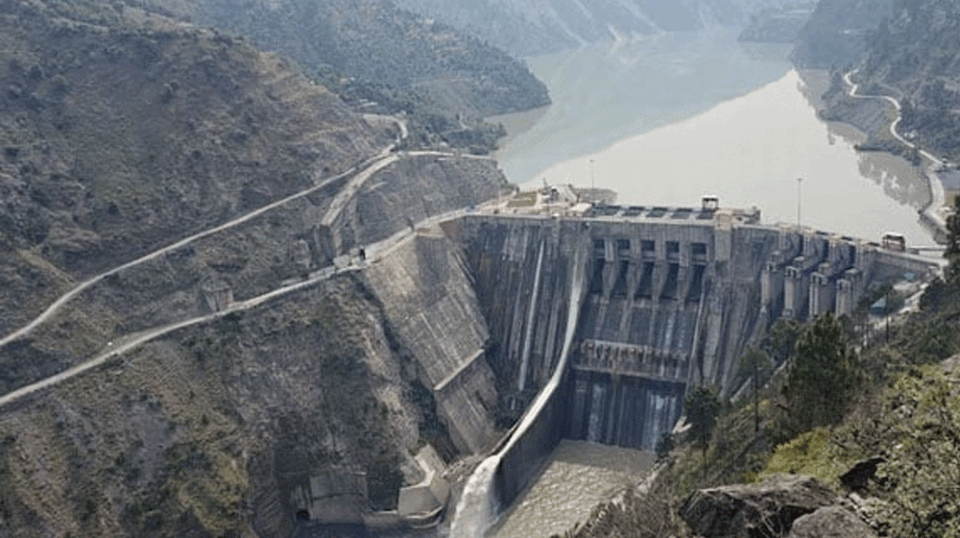India Issues Flood Alert to Pakistan Under Indus Waters Treaty
ISLAMABAD (August 25, 2025): India has officially warned Pakistan of a potential major flood risk in the Tawi River, marking the first significant communication between the two neighbors since their military standoff earlier this year.
According to diplomatic sources, the Indian High Commission in Islamabad shared the alert on the morning of August 24, informing Pakistani authorities about possible flooding at Jammu. Following the message, Pakistan immediately issued precautionary warnings to relevant departments.
Background of the Warning
This exchange comes months after India announced it was suspending participation in the Indus Waters Treaty (IWT) following the April attack in Pahalgam. The attack, which claimed 26 lives, was blamed by New Delhi on Pakistan — a charge Islamabad strongly denies.
The treaty, signed in 1960 with World Bank mediation, has long regulated water sharing between the two countries. Despite wars and tensions, it has remained intact for over six decades. Experts note that the treaty contains no provision for unilateral suspension.
Why the Treaty Matters
The Indus River system is critical for Pakistan’s agriculture and hydropower generation. Nearly 80% of Pakistan’s irrigated farmland depends on water flows from these rivers. Pakistan has repeatedly expressed concern that India’s upstream dams and hydroelectric projects could reduce water supply downstream.
For India, projects such as Kishanganga and Ratle are key to meeting its growing energy needs. However, disputes over their construction have been taken to international arbitration multiple times.
Concerns Raised by Experts
Pakistani agricultural experts warn that irregular water flows could have serious consequences.
-
Ghasharib Shaokat, from Pakistan Agriculture Research, stressed:
“If flows become unpredictable, crops like wheat, rice, and sugarcane will suffer. Prices could rise sharply, hitting small farmers the hardest.” -
Khalid Hussain Baath, chairman of a national farmers’ union, said:
“This comes at a time when we already face water shortages due to climate change. Rainfall is lower this year, and snowmelt is also reduced.”
Recent Legal Development
In June 2025, Pakistan secured a major win at the Permanent Court of Arbitration in The Hague, which reaffirmed its authority to hear disputes under the Indus Waters Treaty. The court ruled that India’s unilateral suspension could not override international mechanisms for resolving water-related disagreements.
Following the verdict, Pakistan called on India to fully restore the treaty’s normal functioning and honor its obligations.

